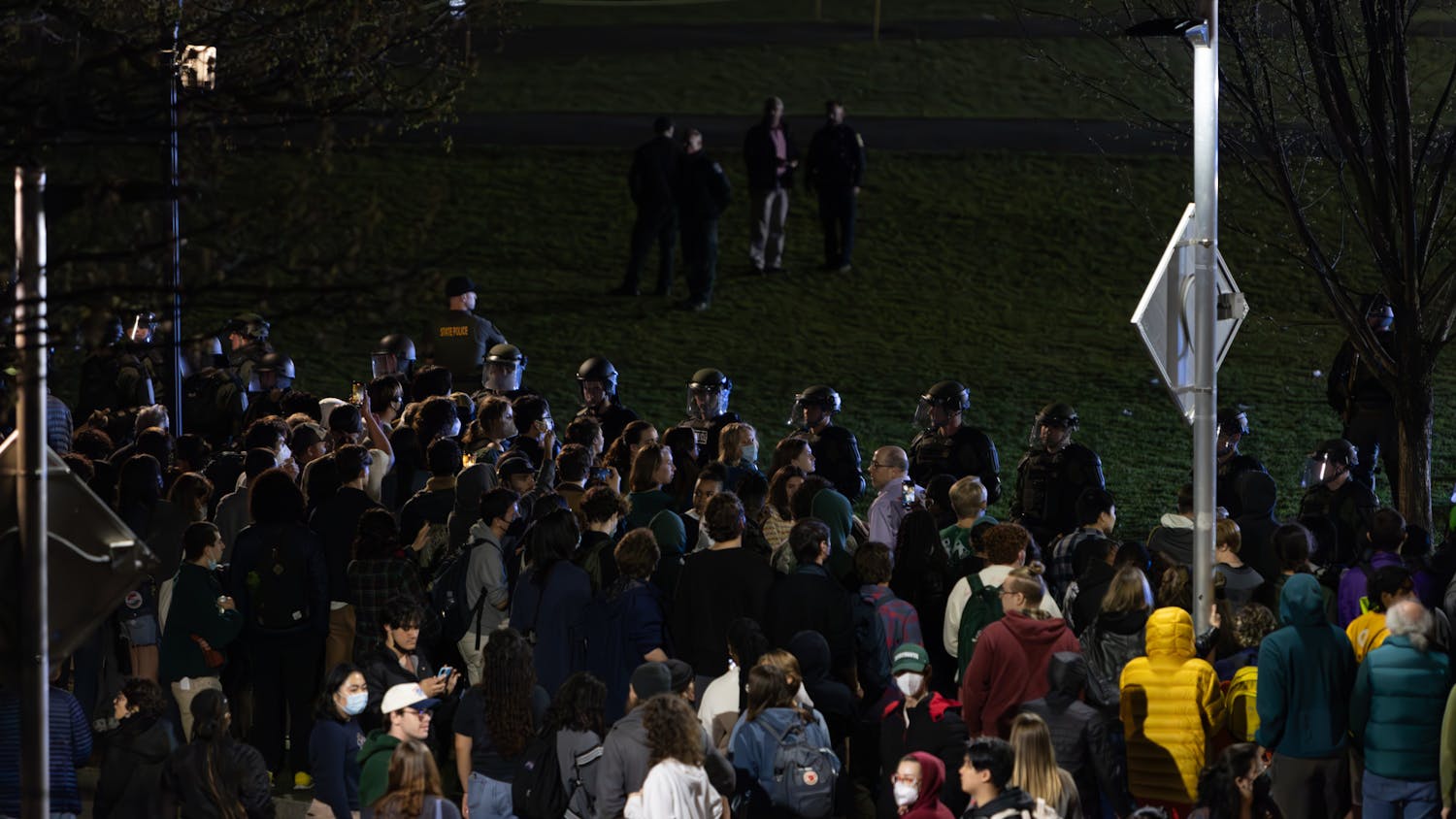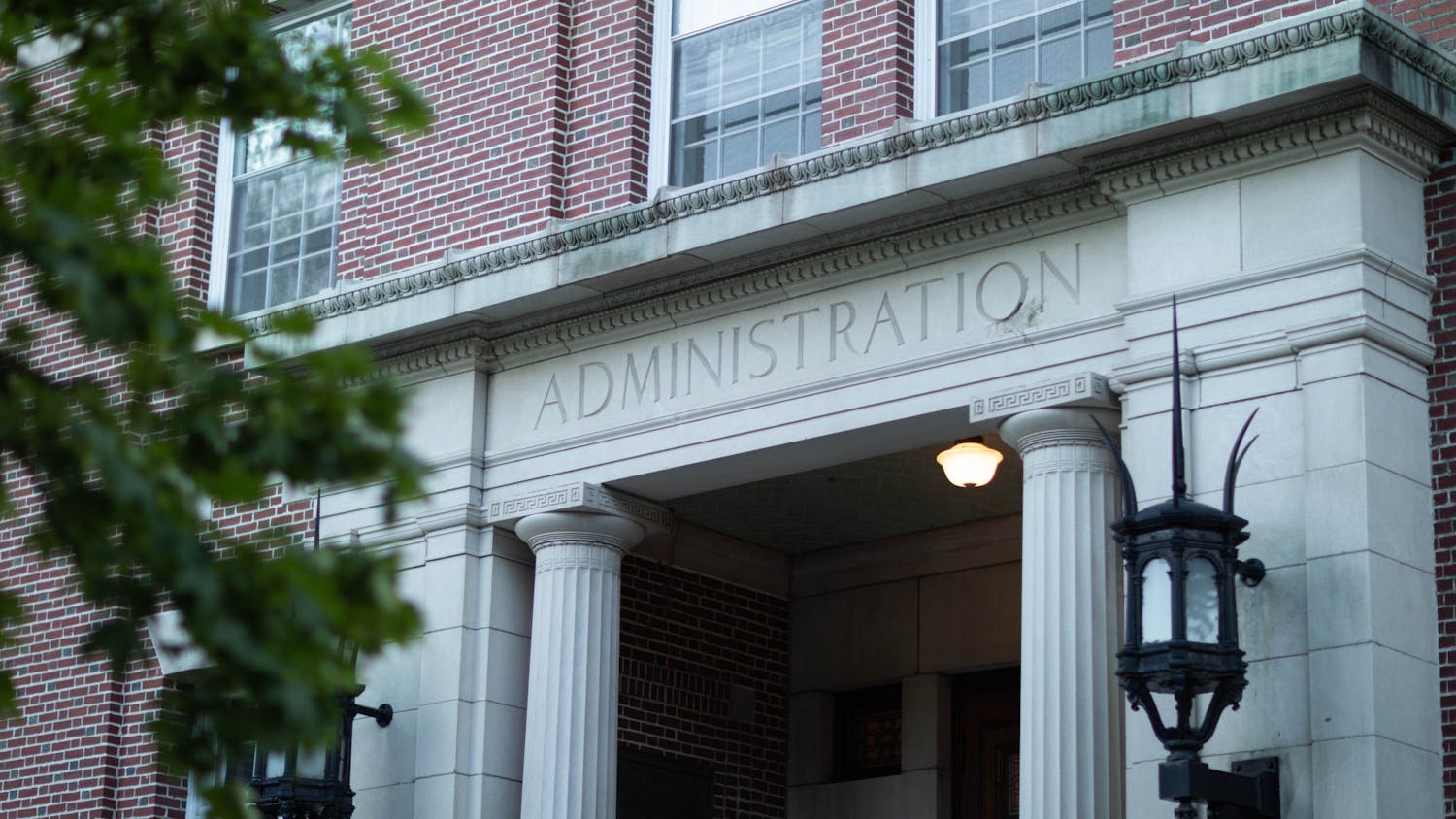Montgomery Fellow and literary critic Geoffrey Hartman spoke about different aspects of dealing with the Holocaust experience to faculty and students in a packed Loew auditorium last night.
Hartman, who is lecturing at the College throughout May, delivered a speech titled "Reading the Wound: Testimony, Art and Trauma" and showed part of a documentary featuring interviews with Holocaust survivors.
"Video testimony retrieves deep memory," Hartman said. "It does not yield easily to generalizations."
He said the "testimonies evoke a transgenerational recipient. But many survivors wonder if an experience like theirs can constitute a legacy."
Hartman said he wished to address the Holocaust in two contexts -- education and representation.
"We are passing from an era of direct transmission of the Holocaust to an era of indirect transmission," he said. "Today the relation of knowledge to the means of representation has changed ... especially in the area of the Holocaust."
The media images have caused a "routinization" of graphic images, he said.
"Media have turned all of us into involuntary bystanders of atrocities," he said.
By conveying their stories orally, Holocaust survivors can help their listeners feel the full impact of their experience, he said.
The interviewing process lets Holocaust survivors engage in the "most natural and flexible of human communications -- a story," he said.
But the media-induced trauma produces an effect of unreality, the opposite to that desired, he said.
Hartman said the recent movie "Schindler's List" was faulted because "it is not realistic enough, for it compromises with Hollywood stylishness."
Hartman also spoke of art as a way to deal with trauma because it creates an unreality effect that is not desensitizing.
But in the interviews of the survivors there is no unrealism, he said. Their testimonies deliver "mortal truth."
He quoted from several poets and concluded with a discussion of Paul Celan, a Holocaust survivor who expressed his trauma through literary means.
Celan believed speech and writing survived the ghostliness of the survivors, Hartman said.
Hartman is the Mellon Term Professor at Yale University and a co-founder and faculty advisor to the Video Archive for Holocaust Testimonies at Yale.
Dean of the Faculty James Wright introduced Hartman because College President James Freedman was unable to attend.



